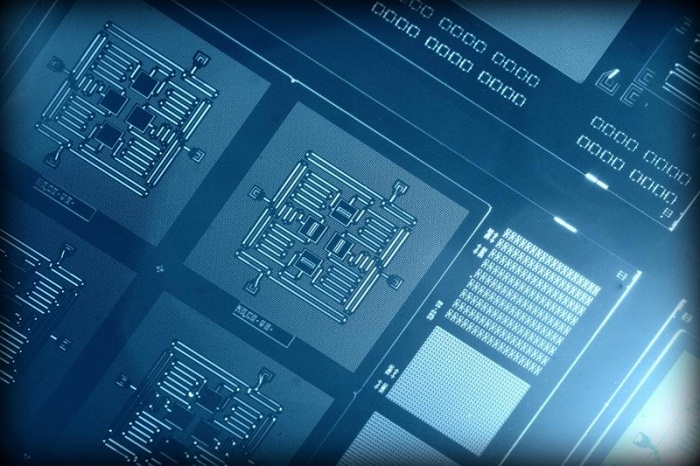Traditional technologies already make wide use of error correction. For example, a DVD stores data in the patterns of etched markings on its surface, and these markings are grouped in certain ways to reduce errors.
IBM is working on a similar technique for quantum computers, laying out qubits made from superconducting chips in a grid to allow a number of error-prone qubits act as a single, stable one, known as a logical qubit.
Packing challenge
“What we’ve done thus far is to demonstrate some of the concepts of error correction and detection,” says Jerry Chow at IBM’s Thomas J. Watson Research Center in Yorktown Heights, New York. “What we’re doing with this programme is aiming for larger system sizes which permit the ability to encode a logical qubit.”
Chow says they need around 20 physical qubits to create one logical qubit, but packing the qubits close together will be tricky. “When you put many of them together, you don’t know that they are going to work the same way as when you just have one,” he says. “How you properly engineer this larger chip is going to be a big challenge.”
IBM and IARPA have not yet revealed how much funding is going into the five-year research programme, but money is already pouring into quantum computing around the world.
The UK recently announced a £270 million investment to bring quantum technology – including a quantum computer – to market by 2020, and Google has hired researchers to build its own quantum processors .
“It’s becoming more of a competitive field now,” says Chow. “It’s a healthy type of competition that will push the entire field forward.”
More about:
















































